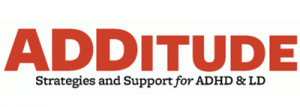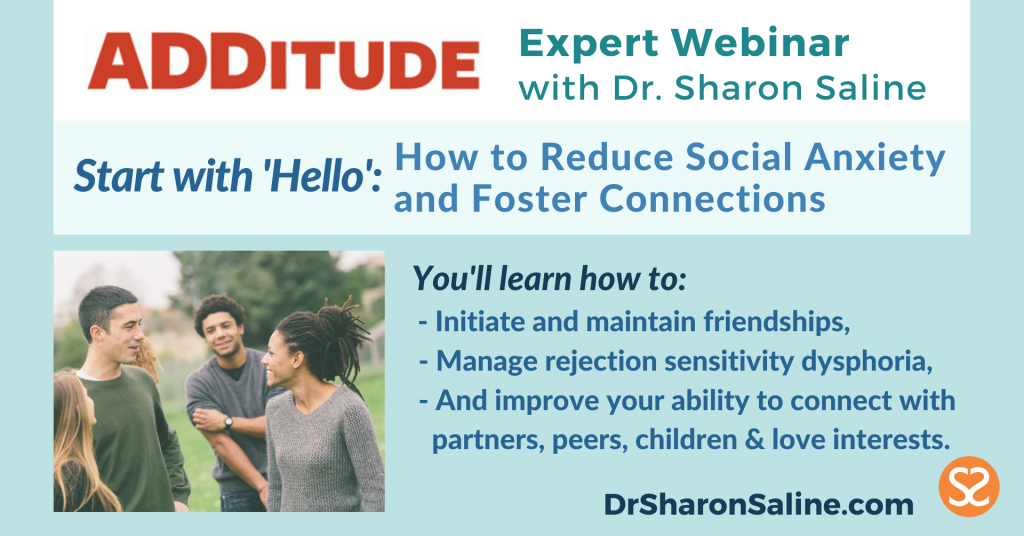Read the full article featuring Dr. Saline on CHADD.org: “Help Your Child Better Cope with Social Anxiety“
Read the article featured on YourTango!
Read Dr. Saline’s blog posts:
Read related blog posts by Dr. Saline:

https://youtu.be/AZGrbNjUGlo

https://youtu.be/3I4Kj49Qsgw
Read the article featured on YourTango!
Take a few minutes and discuss your concerns with your partner, a friend, an extended family member, or counselor. Write these down and then strategize responses or to-do action items to each one by creating an “Anxiety Decelerator Plan.” This ADP will help you feel like you have some control.


“Do you hesitate to reach out to old friends — uncertain whether they’re eager to hear from you? Do you seldom make new friends — apprehensive about risking rejection or just too exhausted to invest time and energy in social endeavors? Is speaking in public so uncomfortable that you avoid ordering take-out at your favorite cafe? Are you looking for support to reduce social anxiety? Many adults with ADHD struggle with fears of embarrassment, rejection, or criticism and hold back from participating in the relationships they truly desire. Still others are worried about missing conversational cues, and then being mocked or excluded. During these past two years of pandemic isolation and restrictions, social anxiety and rejection sensitivity have increased across the board. In other words, you may feel alone, but many others are sharing this experience. In this webinar, Dr. Sharon Saline — award-winning author, international speaker, and consultant — will help you to reduce social anxiety and learn to participate in social situations with more confidence and less self-criticism. She will explain how social anxiety works and offer tools for reducing your discomfort while improving your communication skills. You will learn how to initiate and maintain friendships, manage rejection sensitivity dysphoria, and improve your ability to connect with partners, peers, children, and even love interests. By developing resilience and shifting your mindset, you’ll be prepared to head out into the world with courage, authenticity, and concrete techniques.”